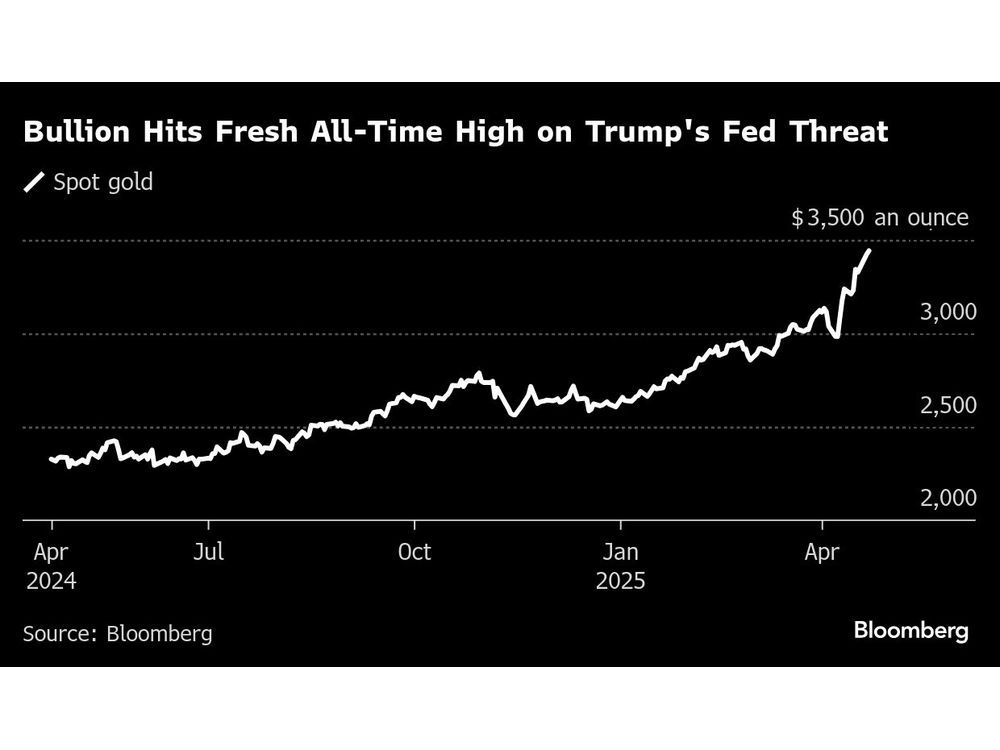A market capitalization-weighted index is an equity index that measures the performance of a selection of stocks from a particular region or market. The cap-weighted indexes are some of the most commonly used indices because they measure the relative size (or weight) of each company in the portfolio, and can be used to help assess both volatility and liquidity levels.
In this blog post, we are going to look at what a market capitalization-weighted index is and how it actually works.
What is a Market Capitalization-Weighted Index
A market capitalization-weighted index is an equity index that measures the performance of the equities in a particular region or market. Cap-weighted indexes are some of the most commonly used indices, as they measure size accurately and can be used to assess volatility and liquidity levels.
The cap-weighted indexes are constructed so that an equal amount of money is invested in each stock. Each company’s capitalization or ‘market cap’ is determined by multiplying the current market price of one share (usually expressed in USD) by the total number of shares outstanding for that company, with a minimum of $1 million and a maximum of $5 billion.
For example, if there are two companies in a portfolio and both have market capitalizations of $2 billion each, then the weighting for company A will be 50% and company B will hold the remaining 50%. The weightings cannot add up to more than 100%, unlike with an equal-weighted index.
How Does Market Capitalization-Weighted Index Work
With an index, a portfolio is chosen and is weighted to reflect the market or regional economy. For example, in Australia, the top 50 companies listed on the stock exchange have been selected to make up the All Ordinaries Index – which has a weighting of 16% for each company that represents a fair reflection of the Australian economy.
This method of calculating a portfolio’s weight is known as capitalization-weighted.
The calculation for the market cap is straightforward – it involves multiplying the price of a stock by the number of shares issued while setting a minimum value on total assets and adjusting for foreign exchange fluctuations to arrive at a figure. In the case of an index fund, all stocks are divided by the total market cap of all stocks in the index to arrive at a percentage.
Why is Market Capitalization-Weighted Index Important
The market capitalization-weighted index has long been the most widely used method for constructing an index fund or a portfolio of securities. Market cap is calculated using each company’s share price multiplied by the number of shares outstanding, with some exceptions including financial service companies (banks).
Another reason why the market cap is important in constructing an index is that trading securities using this method will ensure that a portfolio represents the companies with the highest value and most liquid stocks. Liquidity refers to the ability of an investor to enter or exit a stock without moving its price substantially, which makes it easier for investors looking for a short-term buy-and-hold strategy.
Conclusion
The market capitalization-weighted index is one of the most used indexes in finance. It’s a weighted average where each share price has an equal weighting and represents the value of that company on the stock exchange. So you can get a better view of the market in general.
Further questions
What's your question? Ask it in the discussion forum
Have an answer to the questions below? Post it here or in the forum




